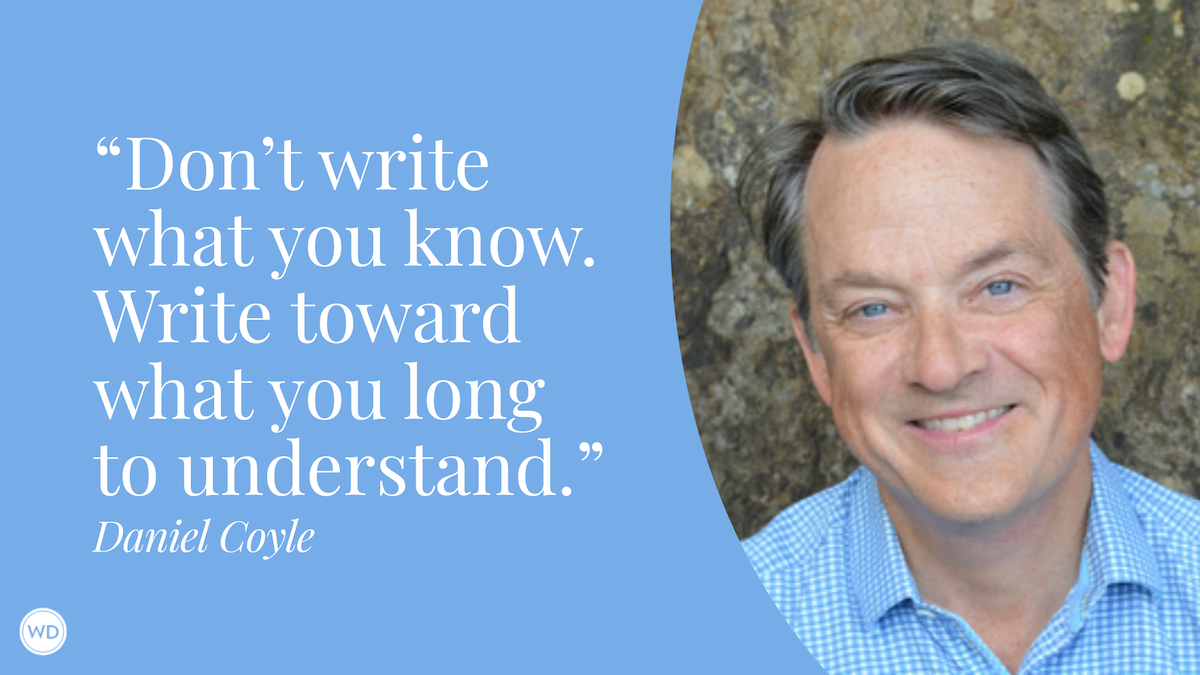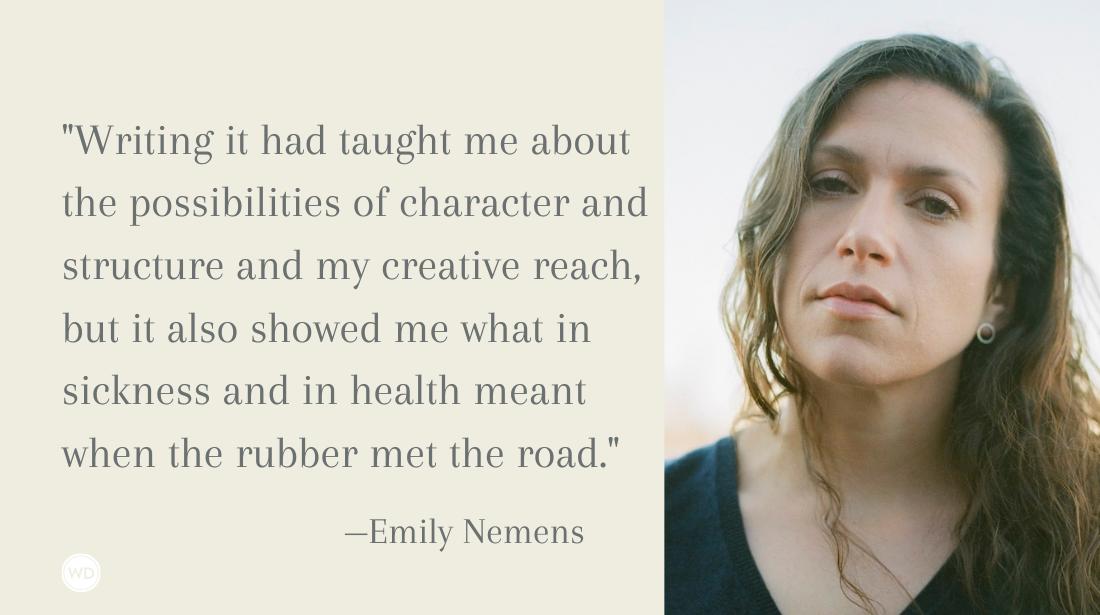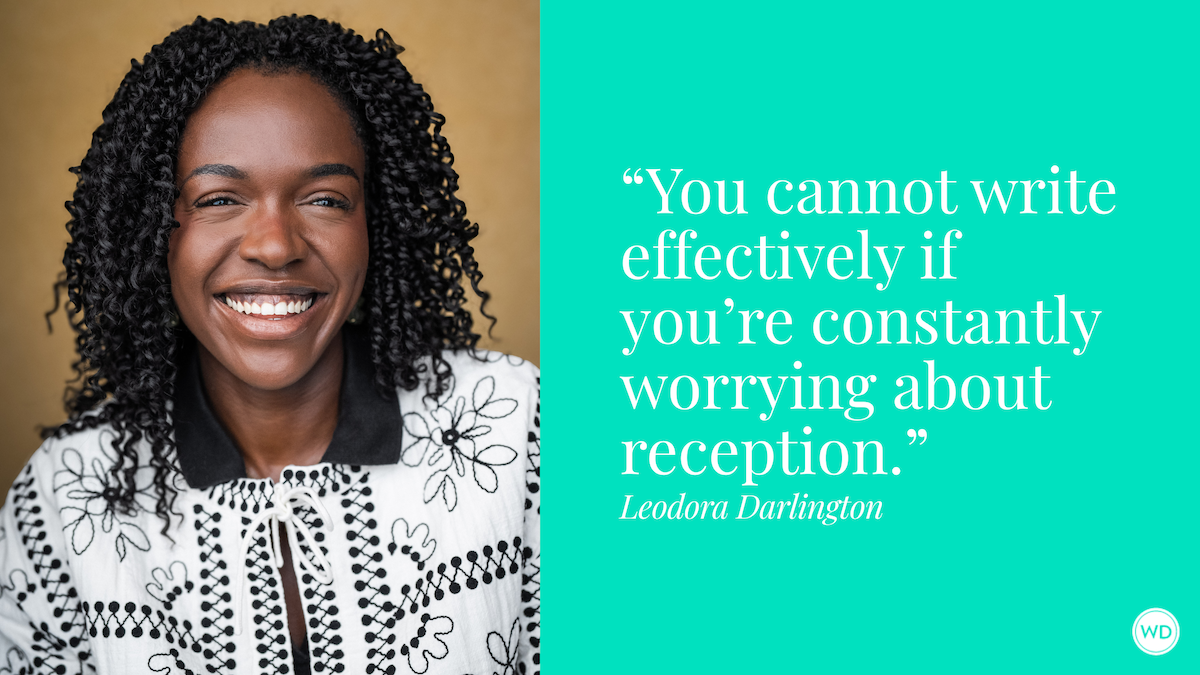Halina St. James: The Story Developed a Life of Its Own
In this interview, author Halina St. James discusses how she discovered family she never knew she had while researching for her new memoir, The Golden Daughter.
Halina St. James was a journalist for the CBC and CTV, covering revolutions, a war, election campaigns, and three Olympics. Later, she became a performance coach for business and government leaders. Halina lives in Tantallon, Nova Scotia. Follow her on X (Twitter), Facebook, and Instagram.
In this interview, Halina discusses how she discovered family she never knew she had while researching for her new memoir, The Golden Daughter, her hope for readers, and more.
Name: Halina St. James
Book title: The Golden Daughter: My Mother’s Secret Past as a Ukrainian Slave Worker in Nazi Germany
Publisher: House of Anansi Press
Release date: August 5, 2025
Genre/category: Memoir, creative Nonfiction
Elevator pitch: How a bundle of secret letters in Russian led me to the truth about my mother’s wartime ordeal, the father I never knew, and a newfound family.
What prompted you to write this book?
The letters I found after my mother died, letters she had hidden away for 80 years. The letters talked about her wartime experiences, from the day Nazi soldiers stormed into her school, abducted her and others, put them in cattle cars, and sent them to Germany as work slaves. Many of the letters were from her parents, who never saw her again after that day, but who never stopped trying to maintain contact with her. As I dug deeper, I found that there were five million people like my mother in WWII, snatched from their homes and schools by the Nazis and forced into slavery.
How long did it take to go from idea to publication? And did the idea change during the process?
About two years. At first, I planned just to tell my mother’s story and explore her relationship with me. But in my research, I realized many other had a similar story. So, my book became more than just one woman’s experiences
I think of it now as a tribute to the fortitude of all those five million work slaves. Many were, literally, worked to death. Of those who survived, many could not return to their homelands because Stalin said they were collaborators and must be punished.
Were there any surprises or learning moments in the publishing process for this title?
I had only self-published how-to books before. The world of publishing was a collaboration with my editor, the copy editors, and the publicists. I found their advice and support invaluable.
Were there any surprises in the writing process for this book?
The story developed a life of its own. The more letters I read, the more research I did, the more questions there were. Answering those questions and following the leads in the letters, led to many discoveries so the story had unexpected turns and twists. For example, finding my birth father led to a trip to Poland, which led to finding the family I never knew I had, which led to discovering my father’s family had connections to Polish nobility.
What do you hope readers will get out of your book?
My book has many levels. It’s a mother and daughter memoir, an example of the power of intergenerational trauma, a depiction of the horrors of war, and the pain of having your life snatched from you and never seeing your parents, your home, and your country again. It’s about growing up in a new country where you are tolerated but not welcomed. But most of all it’s a story of love and forgiveness so that you can move on with your life. It’s an example of how dictators and totalitarian regimes ruin lives. I would like readers to understand this and choose to live their lives with kindness, compassion, and love.
If you could share one piece of advice with other writers, what would it be?
Just write. Write from your heart. Write from your soul. Do it for yourself. And let it go. Send it out the publishers, agents, and whomever. Trust the universe will do the rest. Just keep writing.








